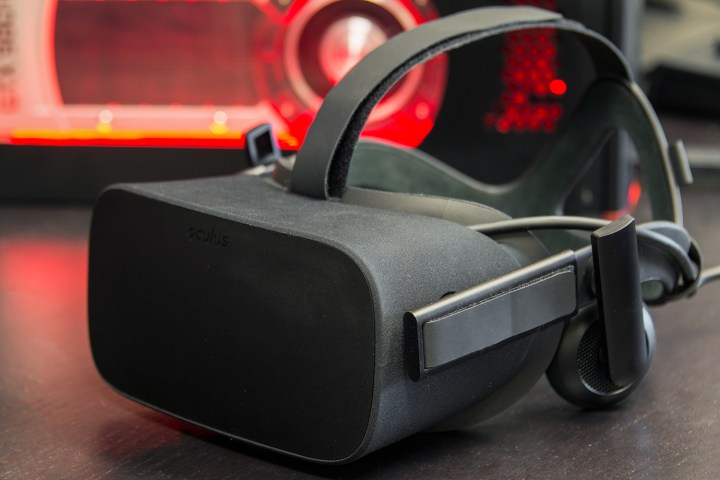
Exclusives have long been employed as a means of enticing customers to choose a particular brand of video game hardware. However, given the slim amount of VR content currently available, some early adopters have decried attempts by Oculus to secure exclusives as being unfriendly to consumers.
Rubin’s counter-argument is that it took decades for PC gaming to amass the audience that it enjoys today, according to comments in an interview with gamesindustry.biz. He states that more and more consumers own gaming PCs, which helps convince studios to commit to big-budget projects, as there’s more potential buyers with the necessary hardware to enjoy the finished product.
However, that install base doesn’t do much for studios working on VR content, because there’s another costly peripheral required to play the game. At present, there simply aren’t enough headsets out in the wild to warrant games that cost tens of millions of dollars to produce.
To remedy this, Oculus is providing cash injections in exchange for timed exclusivity to its storefront. Launching an ambitious game on new hardware is always risky. But the situation is much less perilous when there’s guaranteed money from another source.
In fact, Oculus is even using this strategy to help complete the development with games that have run out of budget. Rubin spoke about giving studios “a little extra” to finish a project in exchange for storefront exclusivity, but noted that these deals are timed, stressing that “the better game gets to all consumers in that case.”


